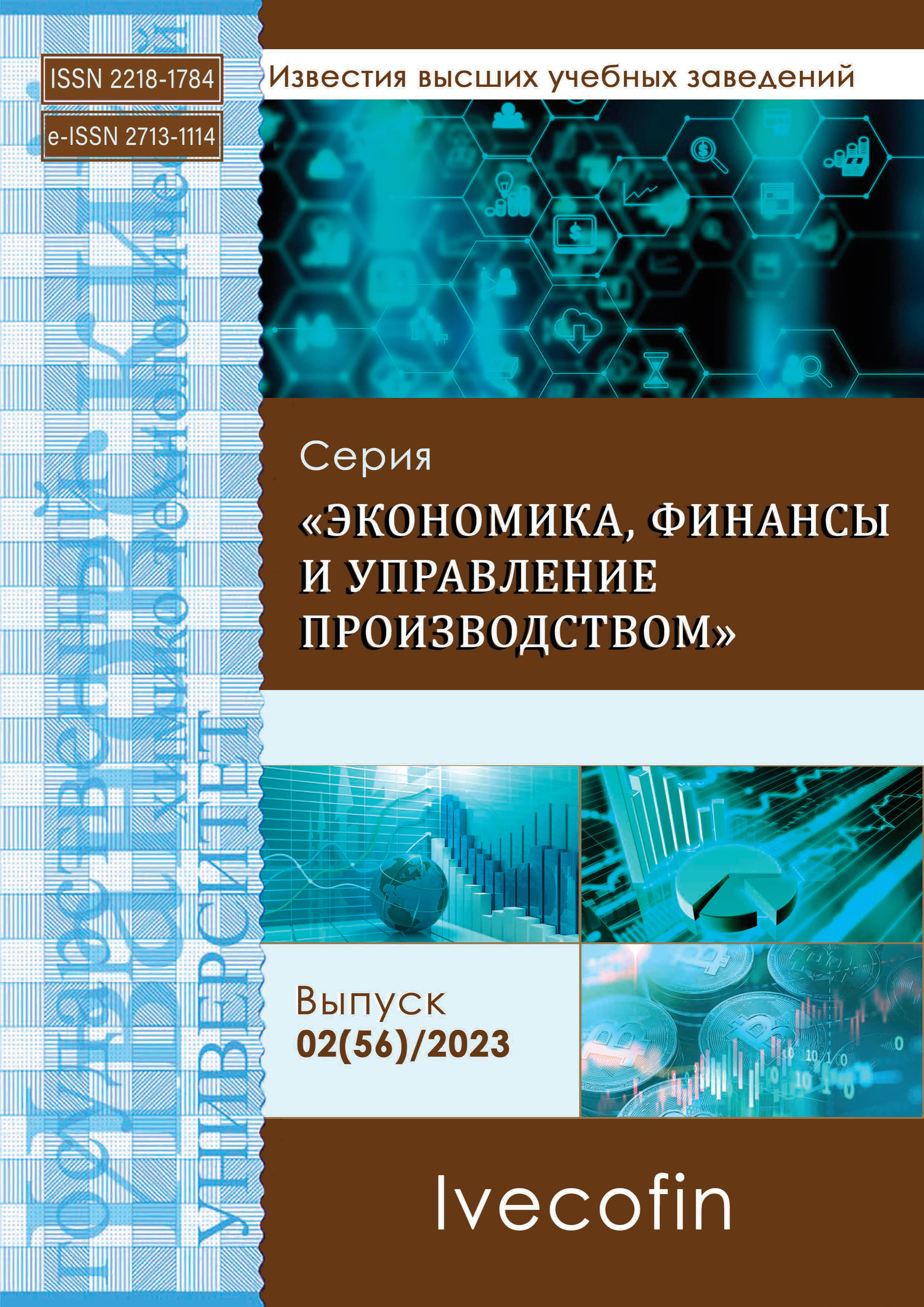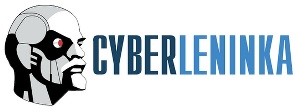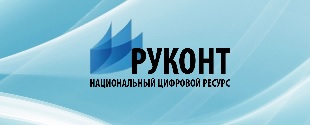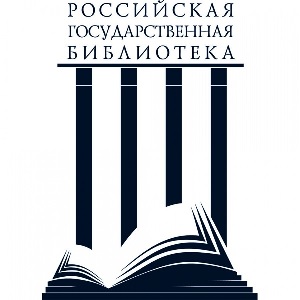УПРАВЛЕНИЕ ЗНАНИЯМИ В ОБУЧАЮЩЕЙСЯ ОРГАНИЗАЦИИ
Аннотация
Мир меняется все быстрее и благодаря непрерывному технологическому и информационному прогрессу и глобализации. С развитием технологий и повсеместным появлением роботов, сотрудникам придется столкнуться с новыми условиям труда, а значит, им потребуется больше знаний для выполнения своей работы. Приобретенного в вузах формального образования вскоре будет недостаточно, и непрерывное образование взрослых, как формальное, так и неформальное, становится все более важным. Руководители организаций будут и должны понимать, что для успеха компаний требуется гораздо большее количество инноваций, а для их внедрения и развития необходимо много новых знаний. Современная организация должна постоянно адаптироваться к требованиям бизнес-среды, а этого можно достичь за счет непрерывного обучения своих сотрудников. Если организация не поощряет обучение, она становится неконкурентоспособной, теряет лучших сотрудников или снижает их мотивацию.
В статье речь идет о проблемах, связанных с трансформацией классической организации в обучающуюся. Рассмотрены характеристики и представлены подходы к трактовке понятия «обучающаяся организация», выделены факторы, напрямую воздействующие на процесс создания такой организации и ее функционирование. Графически описаны функциональные элементы в обучающейся организации. Сформирована позиция к «организационному обучению», заключающаяся в том, что обучающаяся организация может быть создана только на основе постепенного построения в ней процесса организационного обучения.
Литература
Ananyeva S.E. Personnel management in a learning organization. Bulletin of the Interregional Open Social Institute. 2015. N 1. P. 138–143. (in Russian).
Dementieva A.G. A learning organization in the modern system of company personnel development. Questions of Economics and Law. 2018. N 119. P. 115–119. (in Russian).
Ermolenko A.A., Starikova I.V. Teach always, teach everywhere… problems of implementing the concept of a learning organization in the work of telecommunications companies. Creative Economy. 2008. N 1 (13). P. 85–92. (in Russian).
Zhuravleva O.V., Sazhina N.M. The use of coaching in the process of retraining. Scientific research of the XXI century. 2020. N 5 (7). P. 177–182. (in Russian).
Isupova A.S. The company and its role in the creation of new knowledge. Topical issues of economic sciences. 2010. N 17-1. P. 160–164. (in Russian).
Kalyuzhnaya T.V., Zamostyan K.D. Features of knowledge management in modern organizations. Scientific notes of the Crimean Engineering and Pedagogical University. 2018. N 1 (59). P. 77–82. (in Russian).
Keshikov K.A. Ways of influence of information and com-munication technologies on the control system of the knowledge assessment procedure and accounting for current performance in a modern university. Baikal Research Journal. 2016. Vol. 7. N 4. P. 24–32. DOI: 10.17150/2411-6262.2016.7(4).24. (in Russian).
Kozlova Yu.S., Vikhoreva M.V. Formation of a personnel training system to support the implementation of an innovative scenario for the development of an enterprise. Economics, and business: theory and practice. 2020. N 10-1 (68). P.158–160. (in Russian).
Liskina T.V., Paulzen N.S. Modern approaches to the definition of the concept of «informal education». Bulletin of the Baikal State University. 2018. Vol. 28. N 1. P. 131–137. (in Russian).
Plis K.S. Lifelong education as a tool for the development of the intellectual capital of the enterprise. Ivecofin. N01(47). 2021. P. 71–79. DOI: 10.6060/ivecofin. 20214701.519. (in Russian).
Sannikova I.N. Formation of the learning environment of an organization as a function of modern management. Bulletin of the Altai State University. 2015. N 2-1 (86). P. 162–166. (in Russian).
Senge P. The fifth discipline. Art and practice of a learning organization. Moscow: Mann, Ivanov and Ferber. 2018. 496 p. (in Russian).
Senge P.M., Ross Richard B., Kleiner A. Dance of change. New problems of learning organizations. Moscow: Olymp-Business. 2021. 624 p. (in Russian).
Sergeeva E.Yu. Training organization to solve personnel problems. Bulletin of the Bokhtar State University named after Nosir Khusrav. Humanities and Economics Series. 2017. N 1-3 (47). P. 224–229. (in Russian).
Smolentseva V.G., Shakhova V.A., Kozhukhova Yu.V., Sheffler B. Continuous education of the adult population. Psychology of education in a multicultural space. 2018. N4(44). P. 124–138. (in Russian).
Schislyaeva E.R., Krasovskaya I.P., Plis K.S. Intellectual capital management of an enterprise based on a knowledge management system. Ivecofin. 2023. N 01(55). P. 67–72. DOI: 10.6060/ivecofin.2023551.636. (in Russian).
Tkachev V.S. Science as a social phenomenon: the definition of science and the social nature of the activities of scientists. Bulletin of the Baikal State University. 2017. Vol. 27. N 3. P. 320–326. DOI: 10.17150/25002759.2017.27(3).320-326. (in Russian).
Tregubov V.N. The use of artificial intelligence technologies for distance learning. Bulletin of the Saratov University. New episode. Series: Philosophy. Psychology. Pedagogics. 2021. Vol. 21. N 2. P. 222–227. (in Russian).
Tseluiko A.V. Formation of a new paradigm of corporate knowledge management in Russian business. Management sciences in the modern world. 2015. Vol. 2. N 1. P. 221–224. (in Russian).
Tsyrenov D.D. Institutionalization of the knowledge economy. Baikal Research Journal. 2016. Vol. 7. N 2. P. 2–12. DOI: 10.17150/2411-6262.2016.7(2.2). (in Russian).
Shirinkina E.V. Educational strategy of the organization and the effectiveness of personnel training in the digital economy. Bulletin of the Udmurt University. Series Economics and Law. 2023. Vol. 33. N 1. P. 104–109. (in Russian).
Goleman D., Senge P. The Triple Focus: A New Approach to Education. Publisher: More Than Sound. 2014. 420 р.













